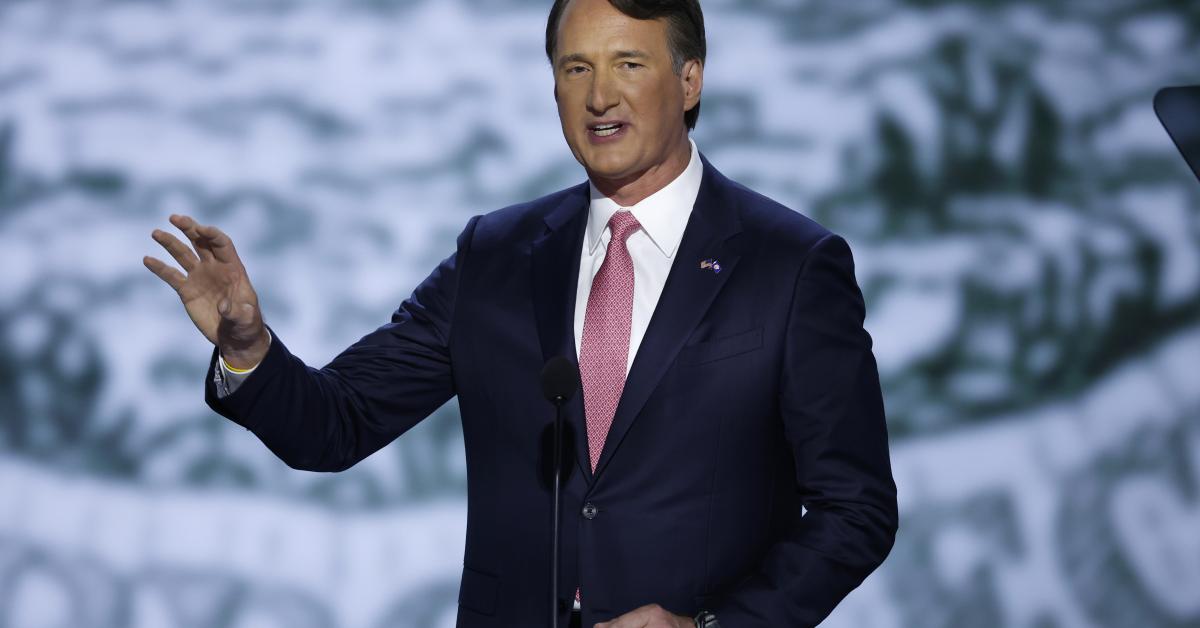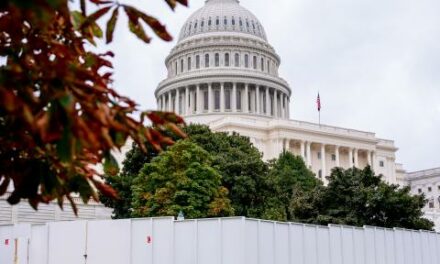We support our Publishers and Content Creators. You can view this story on their website by CLICKING HERE.

Republican Gov. Glenn Youngkin emphasized tax relief and investments in education when he presented his fourth and final state budget to the joint money committees of the Virginia House of Delegates and Senate.
The governor titled the budget the “Keep Virginia Winning” budget, saying the Virginia government had been particularly effective in making Virginia “the best place to live, work and raise a family” these last three years. The economy, education and public safety are all in a much different place than when Youngkin entered office, according to the governor.
“When we started all of this in 2021, Virginia was bottom third in the nation in job growth. More businesses were leaving than coming,” Youngkin said. “We had a 20-year high in murder rate. Our fourth and eighth grade students had the largest learning loss in the nation in math and reading.”
And now, Virginia is thriving, according to the governor, having been named CNBC’s top state for business in 2024 as well as Business Facilities’ State of the Year and more people working “than ever before in the history of the commonwealth.” Test scores have seen some improvement, and it appears some public safety initiatives across the state are working. (Virginia had previously ranked first in CNBC’s survey five times, including twice during the previous administration.)
But to “keep Virginia winning,” tax relief is in order, according to the governor. Youngkin has included tax breaks in his budget yearly, with varying success.
This year, he took aim once again at Virginia’s notorious “car tax,” proposing a tax credit that would offset the cost for individuals earning under $50,000 per year and joint filers with under $100,000 in annual income. He also means to eliminate taxes on tips for Virginia’s service industry and move to “market-based sourcing for income taxes” for that sector, as well. Market-based sourcing would cause service companies to be taxed based on where their customer base is located rather than where the companies themselves are located.
“These steps will make our Commonwealth even more business-friendly, give hard working Virginians relief from the sting of inflation from these past few years and demonstrate clearly what is possible when we work together,” Youngkin said.
Youngkin’s amendments would provide an additional $1 billion in funding for K-12 education, bringing Virginia’s total investment in K-12 education to $22 billion for fiscal years 2025 and 2026.
“To keep Virginia winning for families, we must continue to press forward on what has been the most aggressive education-funding agenda in the history of the Commonwealth,” Youngkin said.
That $1 billion includes $550 million in direct aid, $290 million for school construction and renovation, $110 million for English language learners, $50 million for lower-performing schools, and an additional $6.8 million for school resource officers.
For higher education, Youngkin’s budget includes a 2.5% cap on tuition increases and no additional operating funds. However, the governor did make sure to include a “sustainable funding mechanism” for a beloved military tuition assistance program, the Virginia Military Survivors and Dependents Education Program, after much controversy surrounding budget cuts to the program (that were later repealed) this year. The funding would combine “general funds already appropriated” with “$60 million annually from the actuarial surplus amounts of the Defined Benefit 529 programs.”
The governor also touched on pulling back funding for any so-called “sanctuary cities” in Virginia, continuing to invest in developing business-ready sites, investments in health care, conservation and natural resources and modernization of the state government’s IT systems.
The finalization of the budget is a collaborative, multi-step process between the governor and the House and Senate finance committees that should conclude by the end of the 2025 legislative session. If not, the finalized budget is due by July 1, 2025, the start of fiscal year 2026.

 Conservative
Conservative  Search
Search Trending
Trending Current News
Current News 





